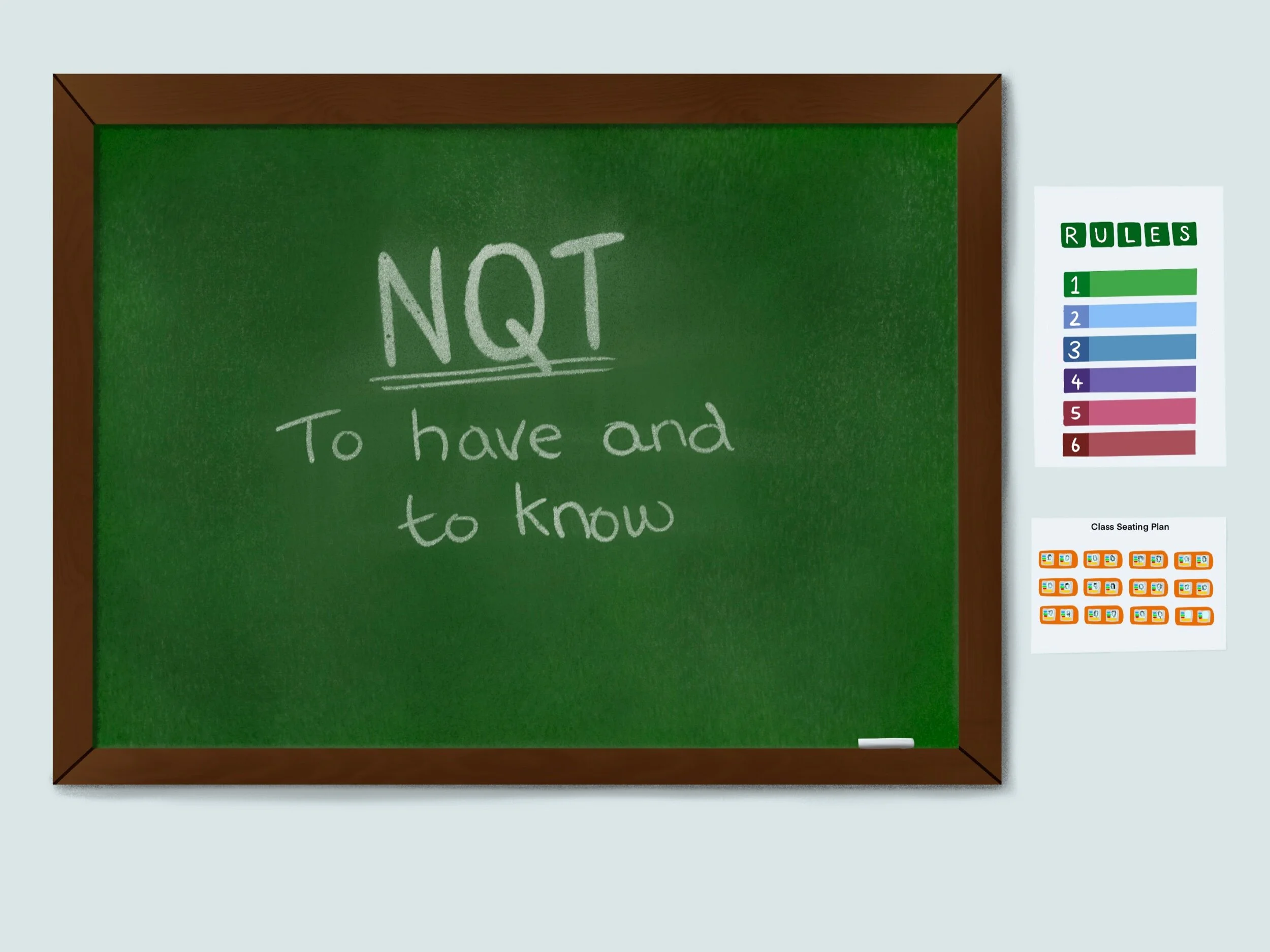NQT: To have and to know
Laurie Geraghty
Teacher of Geography
Firstly, congrats! You’ve made it past that awkward Initial Teacher Training; jumping from one school to another, learning and relearning pupil names, behaviour policies, codes of conduct and many alterations of “this is how we do it here”. You’ve settled on a school, been promised at least a year and have the full support of a given mentor to see you through. Heck, once upon a time you might have even had your own classroom you lucky thing!
So… go be a great teacher… right?
Elated? Nervous? Can you remember any of those first lessons you observed a whole year ago on establishing rapport and routines? While other teachers seem to be at such ease, striding with purpose from room to room while you check and recheck the school map. But rest assured, every teacher has been there and will be more than happy to listen and help. Just, maybe after coffee…
So here are my suggested 3 things to have and 3 things to know for surviving your next NQT step.
To Have
1. Long Term Plan – Departments have a full story with what went into this key document. The thoughts, the ideas, the pedagogy. It is what you will be planning your lessons to and gives you the full context of what the department wants to achieve with the pupils in the time given to you. And spend the extra to print it in A3. Seriously.
2. Seating Plans – The power of this piece of paper is highly understated. It is the first step in managing class behaviour and is vital to learning pupil names.
3. Lunch – No joke. Your body and mind runs on food to survive. Do not let it slide!
To Know
1. Names – What’s in a name? Everything. It is identity and worth. Knowing a pupil’s name is the first sign to them that you value them as individuals, from which a relationship can really begin.
2. Behaviour expectations – Pupils and the school itself just work better with consistency. Displaying it and working to it shows you care and proves to pupils you can’t be dodged around. Knowledge is power; just don’t let it corrupt.
3. YOU ARE NOT ALONE – We are all human, we all get tired and we all have those days where no class seems to listen or work. Speak to your mentor, but also any of your fellow staff. We’ve all been there. Sometimes it’s just nice to hear that the same thing happened to them.

